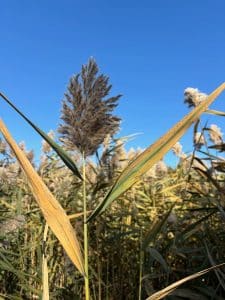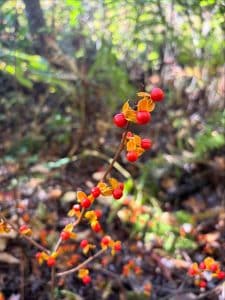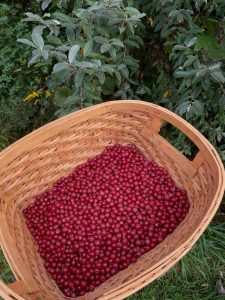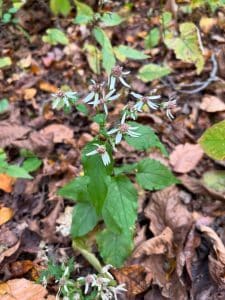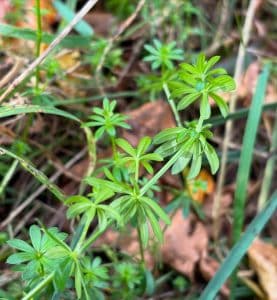Page Created by Connecticut Foraging Club
Upcoming Events | Meet the Instructors | Plant Archive | Mushroom Archive
----------------
Upcoming Events | Meet the Instructors | Plant Archive | Mushroom Archive
----------------
Narrowleaf Plantain (Plantago lanceolata) is an edible and medicinal plant that was introduced to North America from Eurasia.
Narrowleaf plantain, also known as “ribwort plantain”, has long leaves with 5-7 protruding veins growing in a rosette.
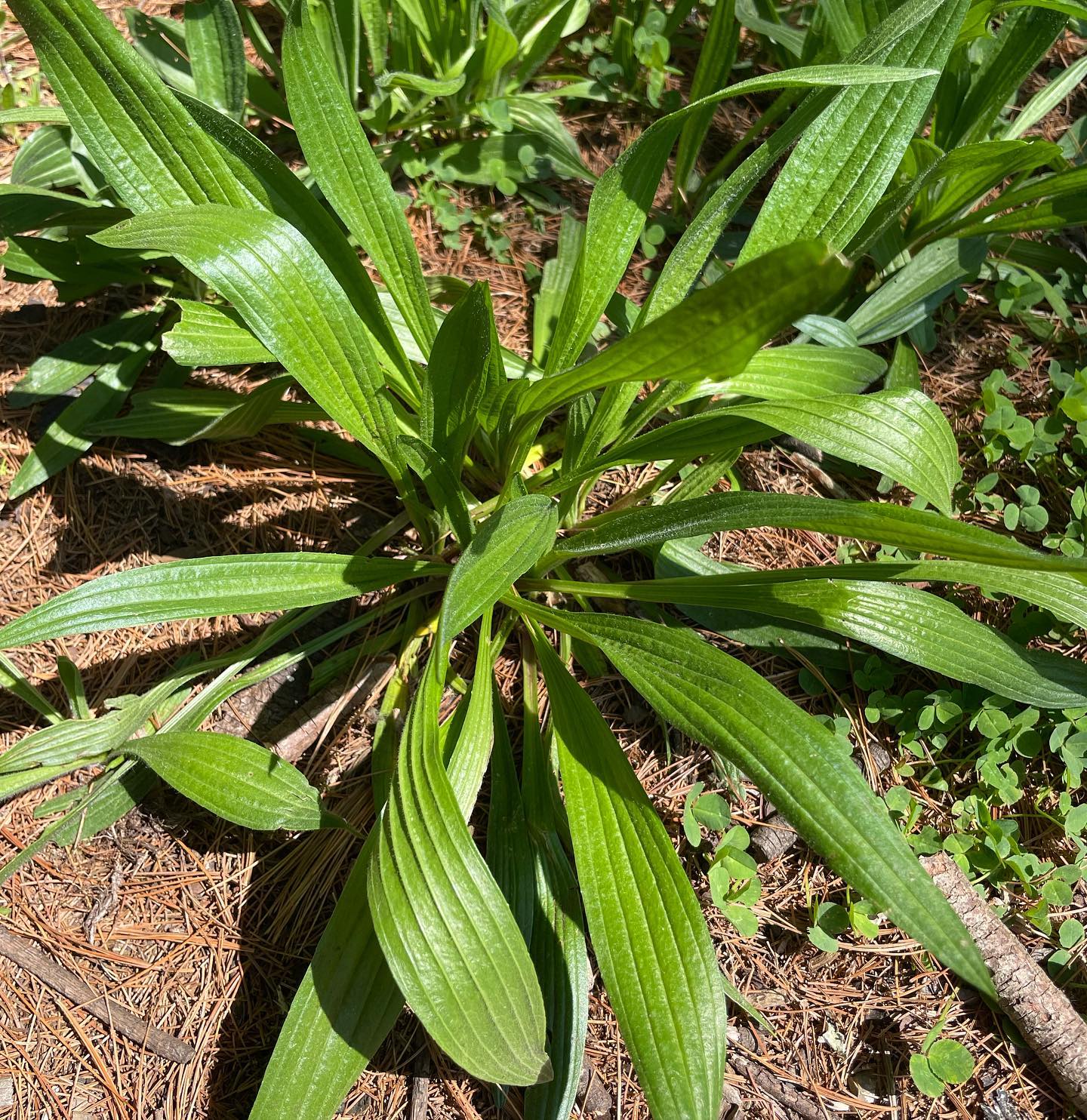
Leaves can be eaten raw or cooked. The youngest leaves are the most tender and tastiest. Leaves become increasingly bitter as the plant ages. The leaves contain protein, vitamins B2, B3, C, E, K, and beta-carotene.
Narrowleaf plantain flower heads have a mushroom-like taste. The seeds can be toasted, ground, and added to baked goods. The seeds must be eaten in moderation as they are a mild laxative. In fact, a cultivated variety of plantain is the main ingredient in Metamucil.
Narrowleaf plantain has been used to treat coughs and diarrhea. The plant has antihistamine and anti-fungal properties. The leaves can also be used as an emergency poultice for stings or cuts.
--
Written by Amy Demers, founder of the Connecticut Foraging Club. To learn more about foraging in Connecticut, check out our upcoming classes.


